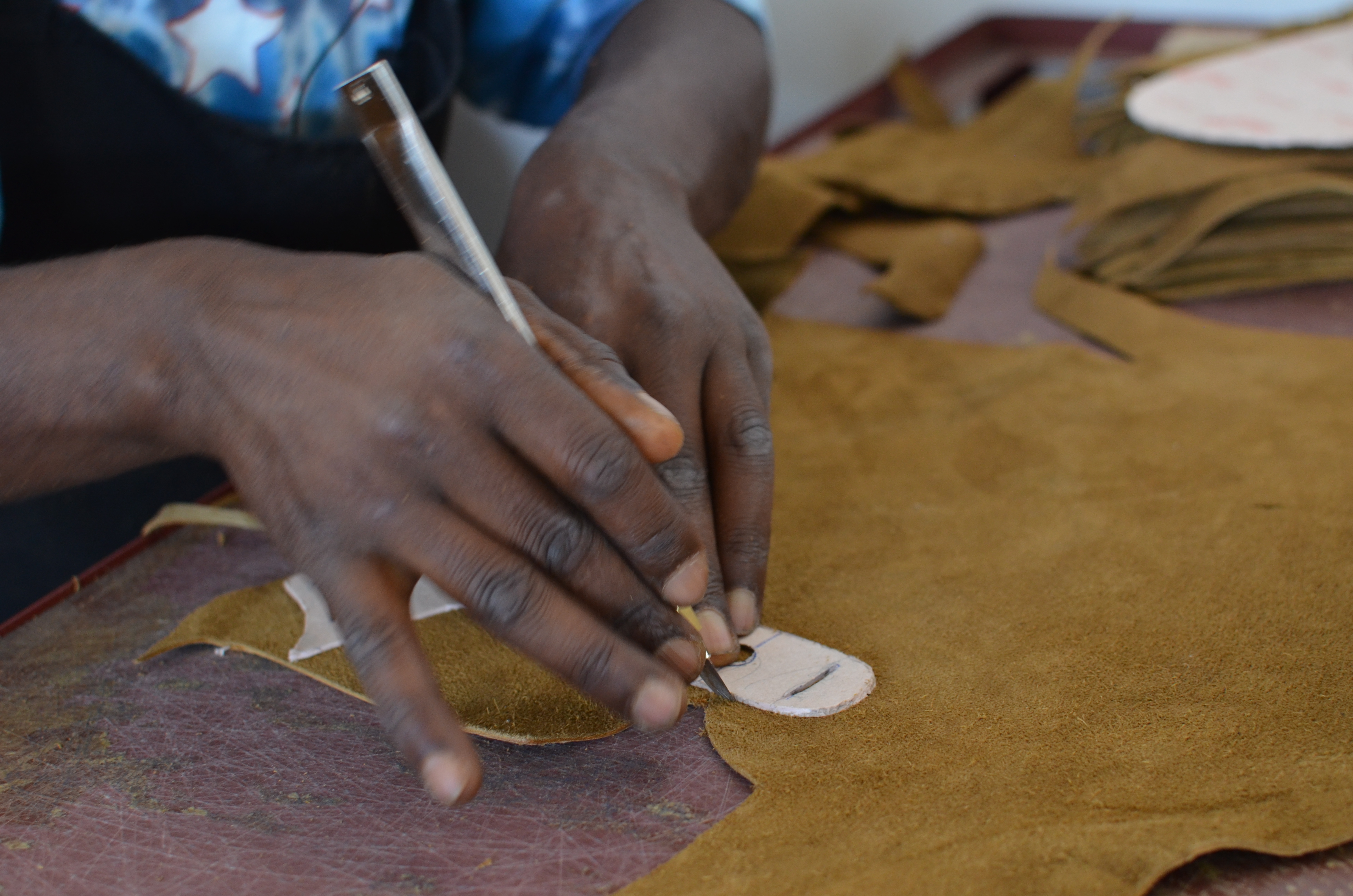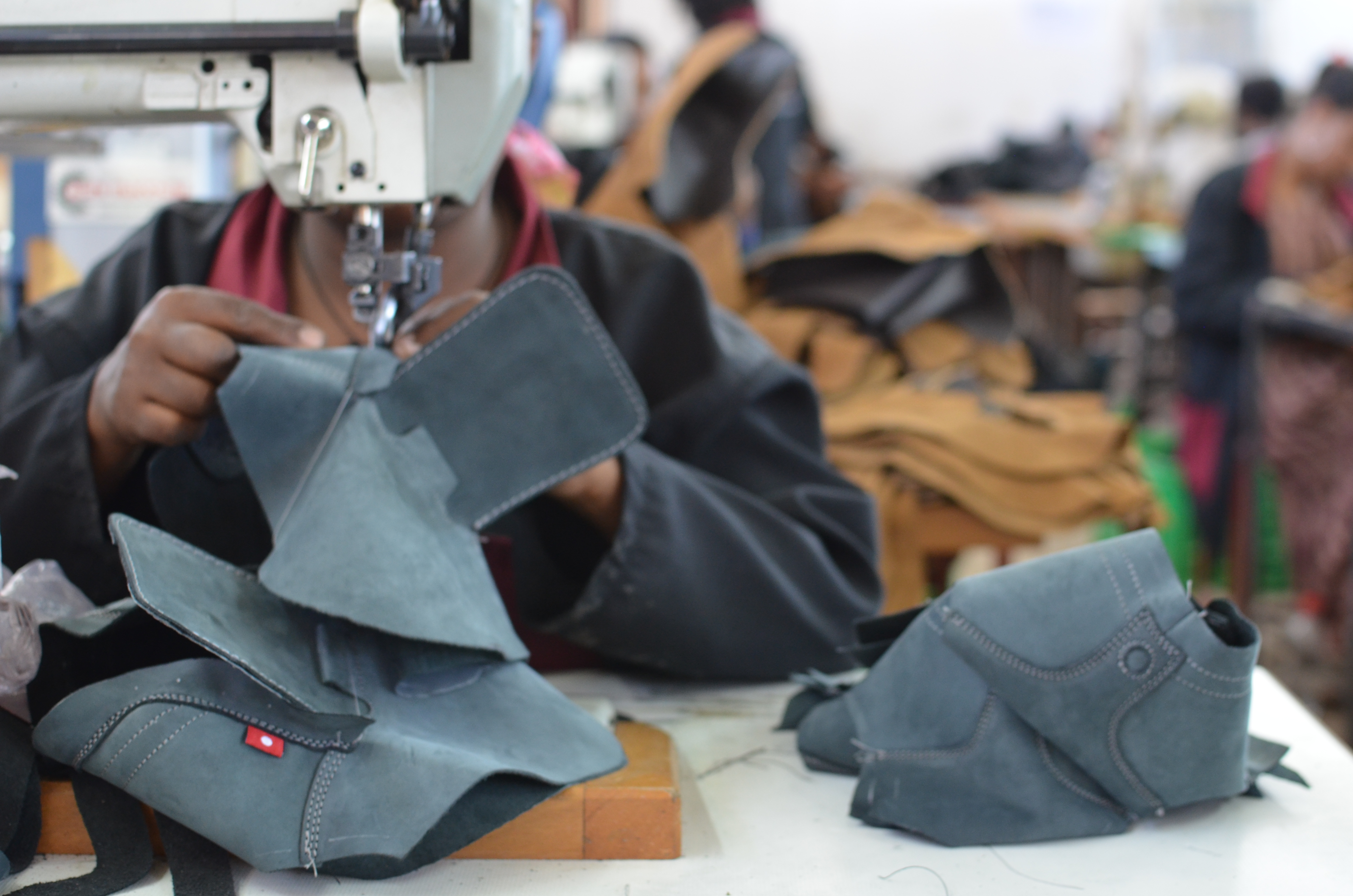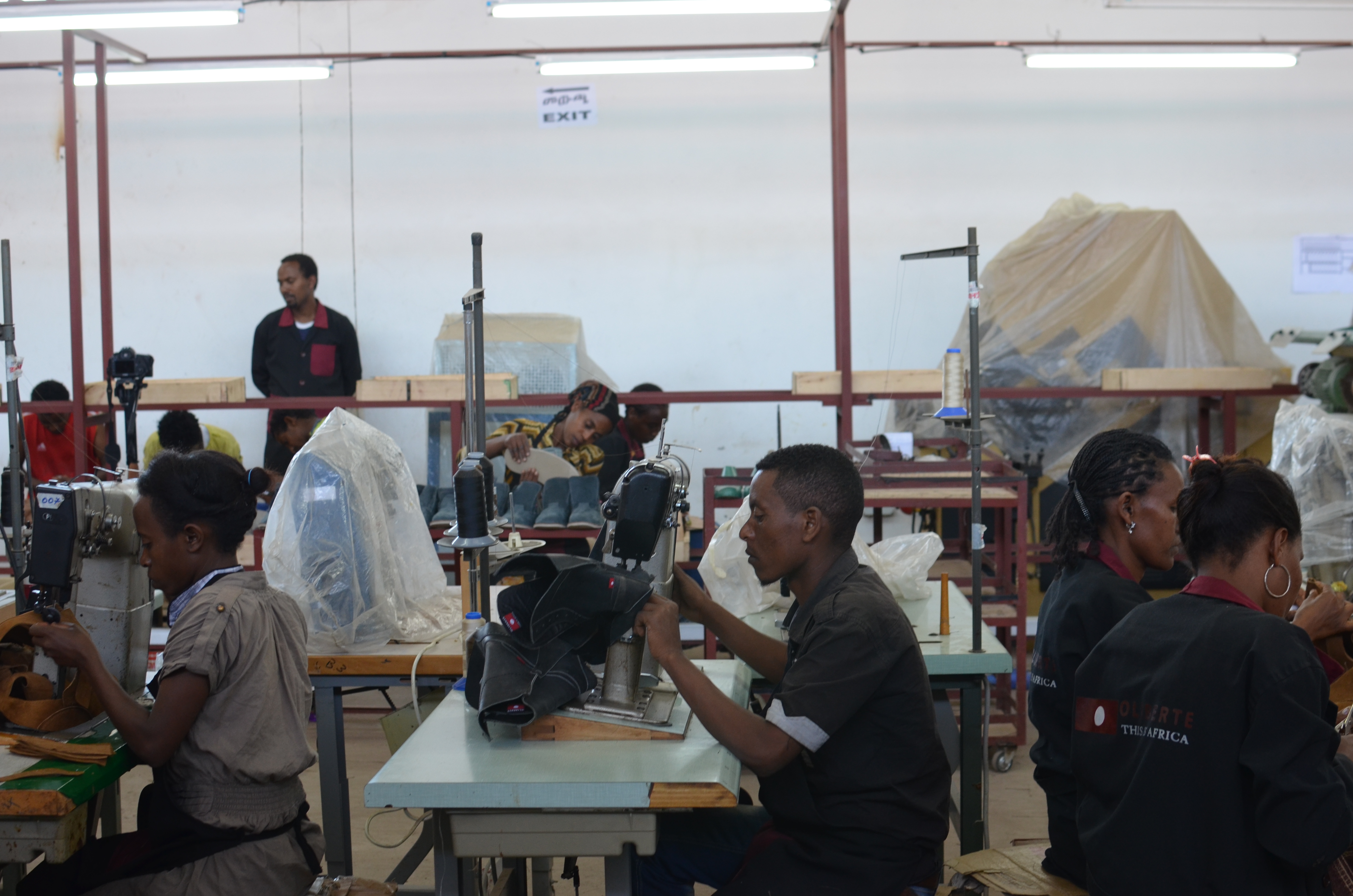 Primarily Michael Lavergne is a responsible supply chain consultant but 20 years of global brand and retail experience has led him to fulfilling project roles dealing with child labour, transparency, sustainable manufacture and SME social enterprise mentoring.
Michael has just signed with New Society Publishers to write an in depth book on the inner workings of the global apparel trade. “Fixing Fashion; Changing the way we make, market and buy our clothes” is both a reference work and manifesto for the current seachange underway in the industry.
Concurrently Michael is working on grad studies in diplomacy through the University of London with a fantastic group of global peers. He has two boys, 16 and 12, which keep him busy (cleaning up after mostly). He’s happy to be a bit planted back in Canada now after 12 years on the road and has just started up a project with World Vision after spending 10 months on projects with Canada’s Joe Fresh brand.
Primarily Michael Lavergne is a responsible supply chain consultant but 20 years of global brand and retail experience has led him to fulfilling project roles dealing with child labour, transparency, sustainable manufacture and SME social enterprise mentoring.
Michael has just signed with New Society Publishers to write an in depth book on the inner workings of the global apparel trade. “Fixing Fashion; Changing the way we make, market and buy our clothes” is both a reference work and manifesto for the current seachange underway in the industry.
Concurrently Michael is working on grad studies in diplomacy through the University of London with a fantastic group of global peers. He has two boys, 16 and 12, which keep him busy (cleaning up after mostly). He’s happy to be a bit planted back in Canada now after 12 years on the road and has just started up a project with World Vision after spending 10 months on projects with Canada’s Joe Fresh brand.
What is the most important thing people should know about fashion that they might not already know?
-First, that we’ve made our mess and now we’ve a responsibility to help clean it up. But ‘people’ encompasses everyone while the levels of knowledge and action are varied.
-Second, the average consumer should be able to expect, like warranties, health and safety laws, retail legislation etc., should be able to expect brands / retailers to walk their talk of being ethically run businesses. But without standards and legislation, industry will run amok following the path of least resistance; that’s human nature.
What is the most impacting realization that you’ve had through your experiences leading up to the creation of ‘Fixing Fashion’?
-It’s not been just one event or issue but an accumulation of experiences which led me to begin taking long term responsibility for my actions, both personal and in business. It took me a long time, perhaps 12 or 14 years really doing more harm than good, before things clicked AND I really began to act on my values.
What has been your biggest struggle working within the fashion industry in the past?
-There are many challenges in running manufacturing and supply chains for apparel particularly, so many people involved. But my biggest struggle since shifting to an ethical trade mindset has been finding those large organizations truly living their touted ethics. From my own inside experience, nearly everyone cheats the system at some level where they can, cuts corners and allows ‘commercial consideration’ to over-ride policy and ethics. But I am inspired by a good many outliers and leaders as well.
If you could have a one on one sit down with anyone in the world right now, who would it be and why?
-Easy! Yves Chouinard. His story and leadership are just incredibly inspiring to me; it takes a lot of courage to be outside the norm, to follow your passion and let it lead you to opportunity. And then to turn that opportunity into a global game changer.
What has influenced/driven you, positively and negatively, throughout the course of this project?
-I’ve been heartened to see just how many people around the world are dedicated to sustainable apparel related issues. A couple of great recent books like Tansy Hoskins’ “Stitched Up” and “Eco Fashion” by Sass Brown have impressed me while adding to the growing genre material.
-I’ve been quite disappointed with the goings on or lack thereof in Canada since we returned and that considering that I’ve worked with a couple of the country’s biggest retailers.
What can people do to make a lasting difference and when do you think we’ll start to see a shift?
-The shift has started though considering it’s been twenty years since the first industry social standards began to develop, it’s been much too long coming. But the next ten years will make all the difference.
-To support this shift, I see a combination of three tactical needs; financial markets under greater shareholder and activist pressure, legislation pushing brands /retailers to follow local labour law in manufacturing countries (where many don’t do so now) and civil society education & awareness.
-Anyone can affect all three or at least one of the above; be aware, ask questions, gather info, leverage your investments.
Where do you hope to see change in the next 10 years?
-Solidly eliminating child and forced labour, legislated action to hold companies accountable regardless of where the workforce is as reducing greatly the water & chemical impacts of apparel production. Again, the shift is underway but a decade will get us very close to a true reset of industry practices.









